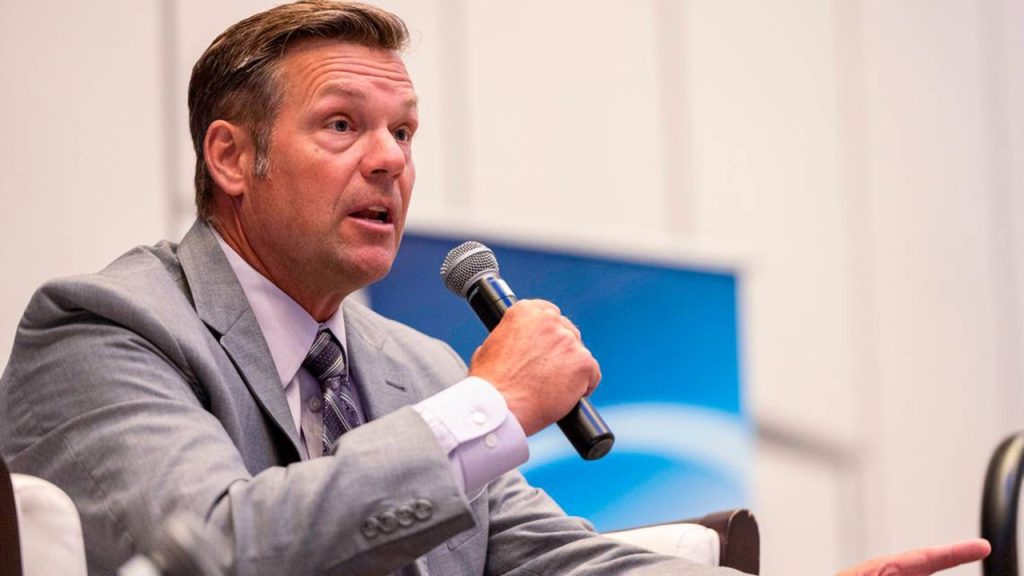The Kansas Supreme Court recently issued a ruling on a 2021 election law that included multiple challenges. One provision of the law that was upheld required election officials to match signatures on advanced mail ballots to a person’s voter registration record. The court rejected arguments from voting rights groups that this measure violated state constitutional voting rights, stating that there is no inherent right to vote in the Kansas Constitution’s Bill of Rights. Three justices dissented, expressing disbelief that citizens do not have a fundamental right to vote under the state constitution.
On the other hand, the court sided with challengers of a provision that made it a crime for someone to appear as an election official. Voting rights groups argued that this provision impeded their ability to register voters as some might mistakenly believe they were election workers. The court agreed, finding that the law did not require prosecutors to establish intent by voter registration volunteers to deceive others, which amounted to a suppression of free speech. The court ordered the lower court to reconsider issuing an injunction against this provision.
The ruling also upheld a provision in the law that limits individuals from collecting more than 10 advance ballots to submit to election officials. Supporters of the restriction argue that it combats “ballot harvesting” and prevents voter fraud. The GOP-led Legislature passed this provision, despite opposition from Democratic Governor Laura Kelly. Critics argue that this provision and others in the law are based on unfounded claims of voter fraud and aim to suppress voter turnout.
The Kansas Court of Appeals had previously reinstated a lawsuit challenging the ballot collection limit and signature verification, citing the impairment of the right to vote. The high court, however, upheld the ballot collection limit, stating that voters have other ways to deliver their ballots and that this provision does not impede free speech. Secretary of State Scott Schwab and Attorney General Kris Kobach applauded the court’s decision, emphasizing the importance of ensuring election security through measures like signature verification.
Overall, the Kansas Supreme Court ruling offered a mixed outcome on the 2021 election law, upholding some provisions while challenging others. It highlighted the importance of balancing election security with protecting the right to vote and free speech. The legal battle over these measures is likely to continue, with implications for future elections in Kansas and potentially other states.


